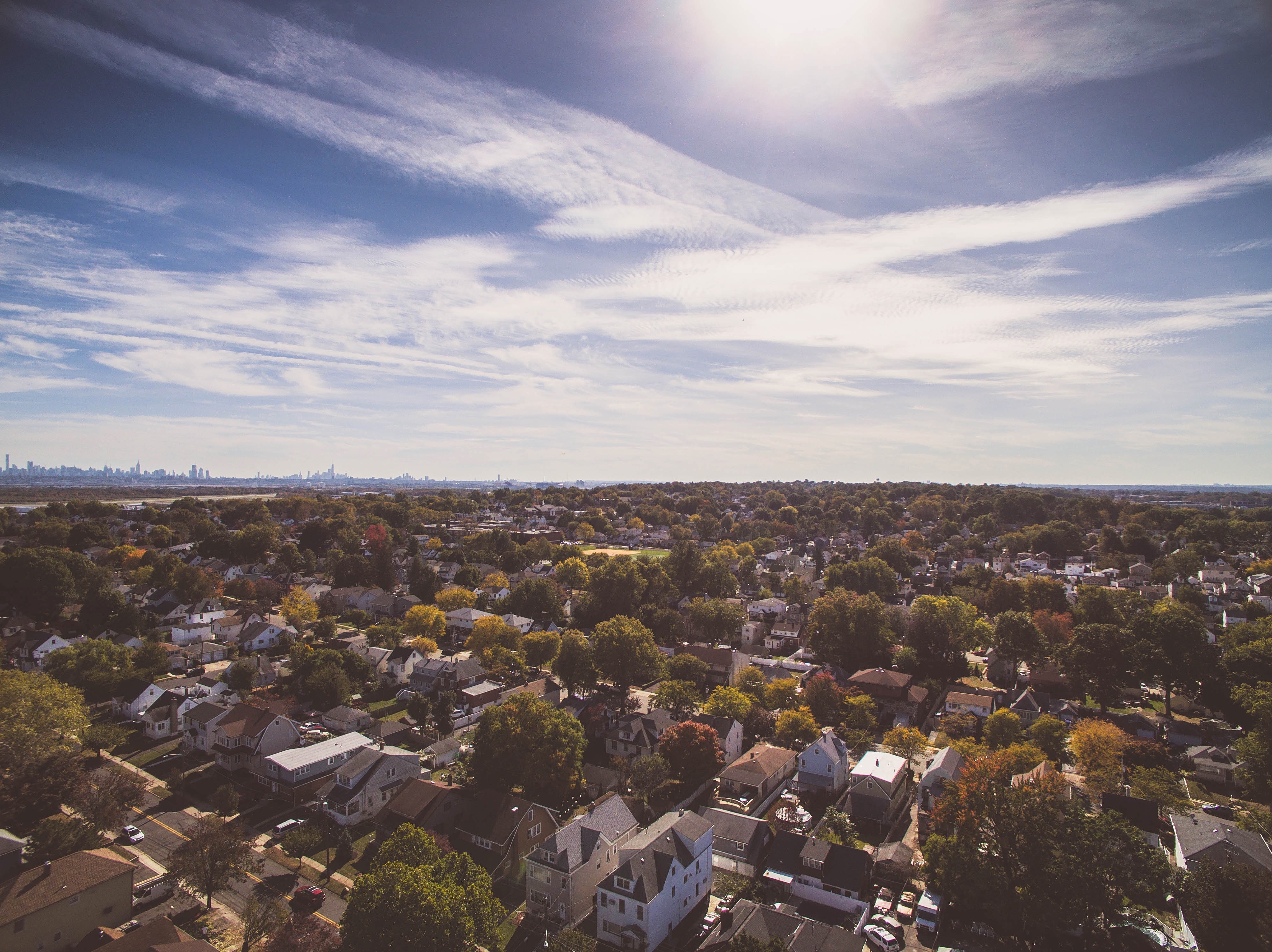
With an unemployment rate hovering around 3 percent and an economy ranked top in the country by U.S. News and World Report and 24/7 Wall Street, it’s clear that Colorado is doing something right. As a community, many of us have taken advantage of the upsides of this economic growth – things like job mobility, increased wages, connectivity through our airport and increased home values for those of us who already own a home. And while we’re absolutely grateful for the strength and diversity of our economy, we also know that there are real challenges that come with this economic growth. Whether it’s traffic congestion or the inability for Colorado workers to buy their first home, there are many in our community grappling with the downsides of growth.
The truth is there’s no such thing as a stagnant economy. It’s either growing or shrinking. And we’d rather face the challenges of economic expansion than the challenges associated with an economy that is receding. For those not having thoughtful conversation about our economy, you can see how some may draw a different conclusion. In July, our partners in Lakewood will again face a ballot issue aimed at limiting growth outright.
Question 200 limits new home development to 1 percent for all residential units. Whether you are concerned about water, transportation, air quality or affordable housing, the proposed approach in Lakewood would ensure we are worse off in terms of every single one of those issues than we are today.
We must build smarter in our future, which sometimes means denser, to ensure we’re efficiently using limited resources, reducing traffic, protecting our environment and providing access to attainable housing.
Whether intended or not, an initiative like this will hurt the very community that supporters are trying to maintain. In places like Golden and Boulder, both of which have growth caps, average housing prices have skyrocketed to $560,000 and $873,000. A growth cap creates an environment where firefighters, office workers, teachers and many others can no longer afford to live in the community they serve. Rather than improving our commutes, a move like this increases congestion, makes people drive even further to work and creates sprawl. It stifles innovative commercial and residential opportunities and community investments like Belmar. And, it drives assessment valuations (and property taxes) higher for those who are already investing in the community.
We are urging Lakewood voters to vote no on this ballot question. We know it’s not the answer for Lakewood or our region.
Rather than limiting growth, let’s focus on growing smarter, understanding the barriers of entry into our economy and investing in our quality of life – from our education system to our roads.
When we face challenges head on, we solve them, and we solve them together as a region.
Kelly Brough is the president and CEO of the Denver Metro Chamber.
